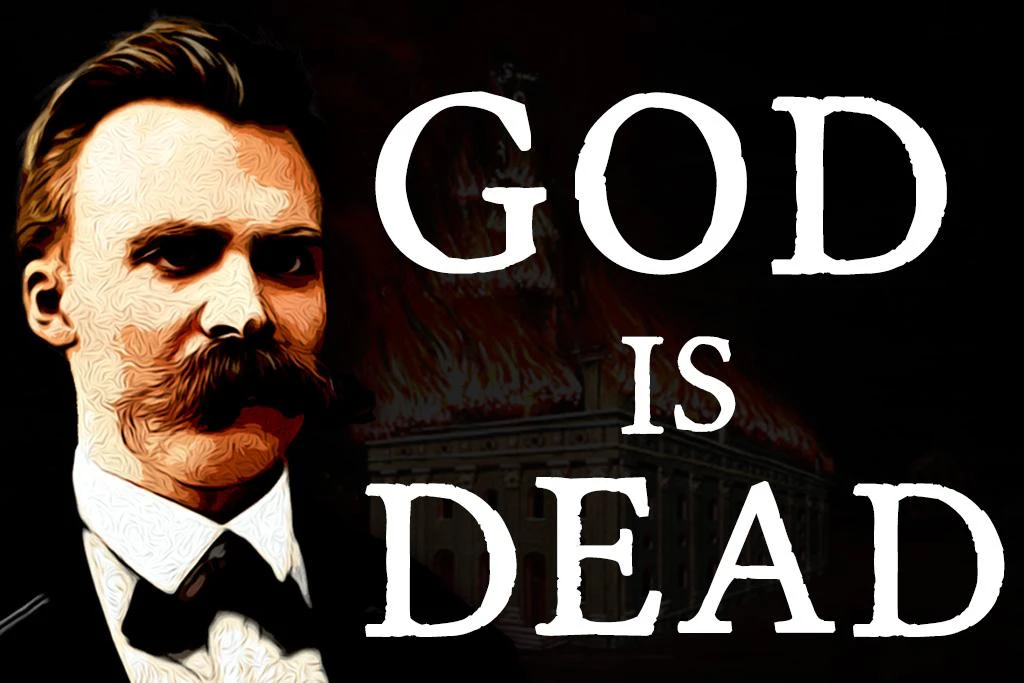Friedrich Nietzsche, the renowned German philosopher, boldly proclaimed that “God is dead.” His famous statement, often misunderstood, signaled a profound shift in philosophical and religious discourse. Since then, countless debates have raged on whether Nietzsche truly “killed” God, but it is time to challenge this notion and recognize God’s enduring presence in our lives.
Unraveling Nietzsche’s Intention
Nietzsche’s declaration was not a triumphant epitaph on the demise of God but rather a critical analysis of the state of Western society and its perception of the divine. He sought to expose the dangers of dogmatism and the subjugation of human potential under the guise of religious authority. Nietzsche aimed to provoke introspection, urging individuals to question their unquestionable beliefs.
The Enduring Nature of God
Despite Nietzsche’s provocative proclamation, God remains an integral part of human existence. The call for the eradication of the divine, far from being realized, has sparked a resurgence of spirituality and a renewed search for meaning. Rather than being driven into extinction, the idea of God has evolved and adapted to the changing dynamics of modern society.
The Divine in Secular Disguise
In our fast-paced, technologically driven world, we witness the persistent need for significance and purpose. This deep-rooted longing manifests itself in unconventional ways. Instead of finding solace in traditional religious institutions, individuals now seek personal spiritual experiences. God may not appear in a conventional religious framework, but his essence permeates the secular spheres of art, literature, nature, and even science.
The God of Transcendence
Nietzsche’s call to embrace a life without God ironically highlights the persistent craving for transcendence. In a world where materialism reigns supreme, many have witnessed the limitations of a purely rational existence. This awakening has prompted a collective pursuit of spiritual enlightenment and a return to the divine. Individuals are finding solace in meditation, mindfulness practices, and even exploring ancient wisdom traditions.
Embracing the Divine
Rather than dismissing the existence of God, we should open our hearts and minds to the multitude of ways the divine can manifest in our lives. Regardless of our specific religious affiliations, we can acknowledge the forces that transcend our comprehension—be it love, kindness, compassion, or the miraculous beauty of the natural world.
Inviting the Divine In
If Nietzsche’s intention was to challenge our preconceived notions of God, then we should heed his call by inviting the divine into our lives. Instead of clinging to rigid dogmas, let us embark on a personal journey to rediscover the sacred in our daily experiences. By embracing the divine qualities within ourselves and others, we can cultivate a more harmonious and compassionate world.
Renewed Exploration and Understanding
Nietzsche’s bold proclamation of God’s death should not be seen as a final verdict but as a catalyst for renewed exploration and understanding. The divine, far from being extinguished, thrives in the depths of human consciousness, awaiting recognition and acceptance with open hearts. As we navigate our complex reality, it is incumbent upon us to invite God into our lives and embrace the spirituality that resides within us all.
